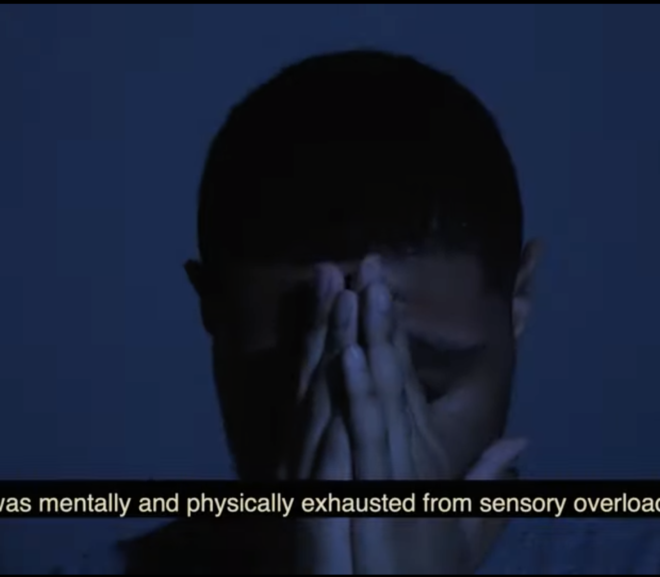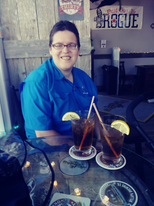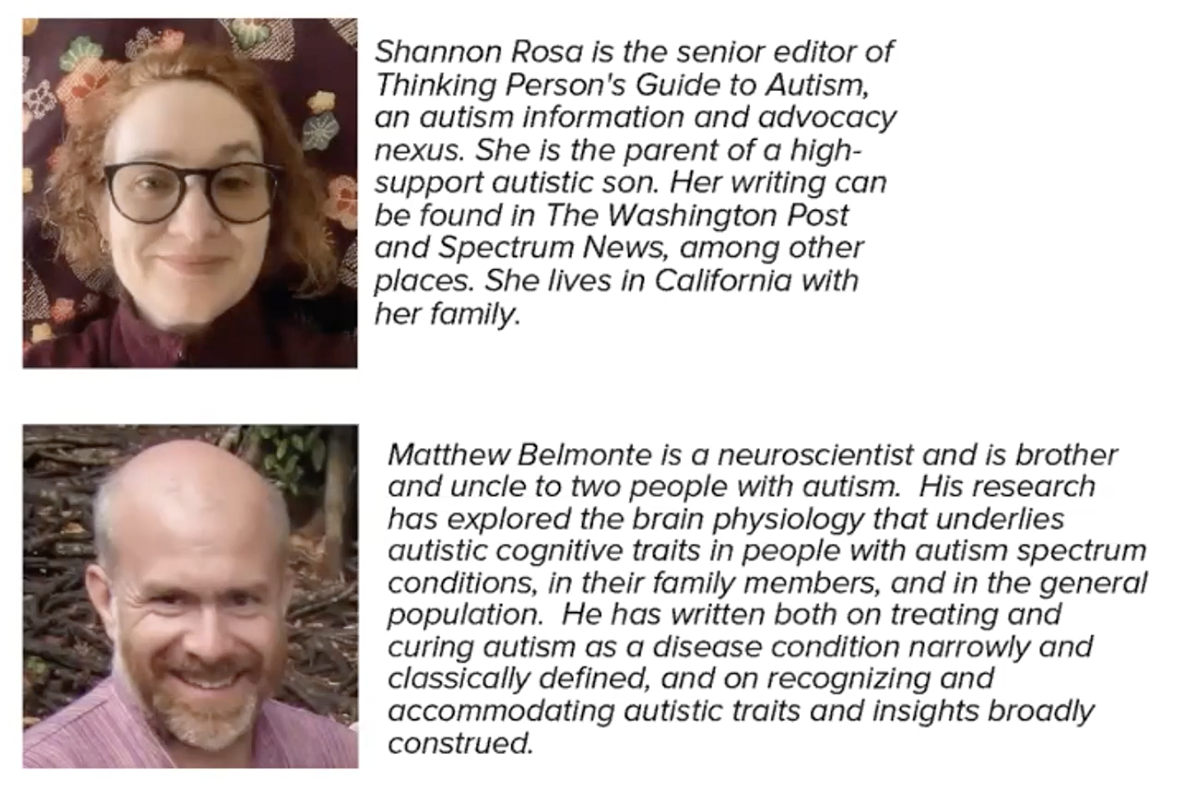I guess there’s not many spaces where I feel safe to be myself without great repercussions. If I’m not dealing with racism, it’s homophobia, and if I’m not dealing with that it’s ableism.
Author: Shannon Des Roches Rosa
We talked with epidemiologist Dr. Rene Najera about the state of COVID vaccines, masks, and trusted sources for pandemic information—as well as why he doesn’t like to use the word “booster.”
We talk with Dr. Mary Doherty and Dr. Sebastian Shaw of Autistic Doctors International about how undetected barriers to health care for autistic people can lead to delayed care, serious complications, and sometimes even fatalities.
Those who would deny people access to their most effective method of communication because of concerns about the potential for false accusations should, as Rua Williams recently wrote, “ask [themselves] why a false accusation is more harmful than the ability to accuse.”
This means that people cannot conserve disabled people as easily as they used to. It does NOT mean that people with disabilities will be barred from getting the supports they need and deserve.
This checklist is for people who aren’t autistic (or whose autistic traits differ from those of their child/charge) to understand what may upset an autistic person, and cause them distress.
This idea that people with intellectual disabilities cannot learn is a very dangerous idea and it leads to us being harmed. I think it is important to autistics with intellectual disabilities that we get the support to learn.
The term “profound autism” is not very useful to parents like me, or autistic people like my son. Instead, parents need connection with the communities who understand our kids’ high-support traits, like the disability and non-speaking communities—in addition to the wider autistic community.
Our senior editor Shannon Rosa was invited to participate in the 2021 UC Davis Neurodiversity Summit, on a panel debating the role of the Neurodiversity Movement in supporting and including autistic people with intellectual and communication disabilities.
Jordyn Zimmerman’s story, as told in the new documentary This Is Not About Me, is an example of how non-speaking autistic people can blossom when communication becomes possible.









